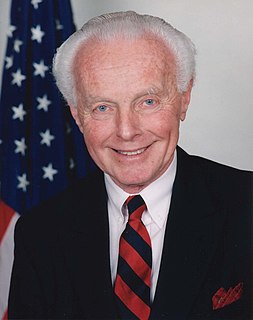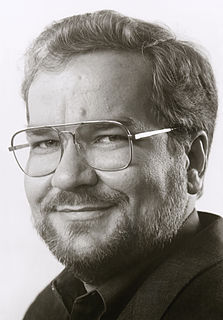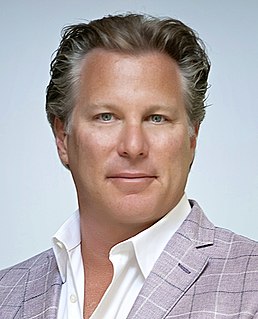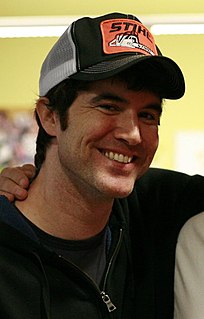A Quote by Tom Lantos
Google, Microsoft and Yahoo should be developing new technologies to bypass government sensors and barriers to the Internet; but instead, they agreed to guard the gates themselves.
Related Quotes
But for those who really want to make the world a better place, can we start looking at Bill Gates's path instead of Steve Jobs? I like my iPad, but Gates is one of the greatest heroes of our time. For me, that has nothing to do with Microsoft and everything to do with the Bill & Melinda Gates Foundation.
Apple isn't the next Microsoft, you see. Apple is not the next anything because the role it aspires to transcends anything imaginable by Microsoft, ever. Google is the next Microsoft, so Google is seen by Ballmer as the immediate threat - the one he has a hope in hell of actually doing something about.
I wish that Google would realize its own power in the cause of free speech. The debate has been often held about Google's role in acceding to the Chinese government's demands to censor search results. Google says that it is better to have a hampered internet than no internet at all. I believe that if the Chinese people were threatened with no Google, they might even rise up and demand free speech - free search and links - from their regime. Google lives and profits by free speech and must use its considerable power to become a better guardian of it.






































